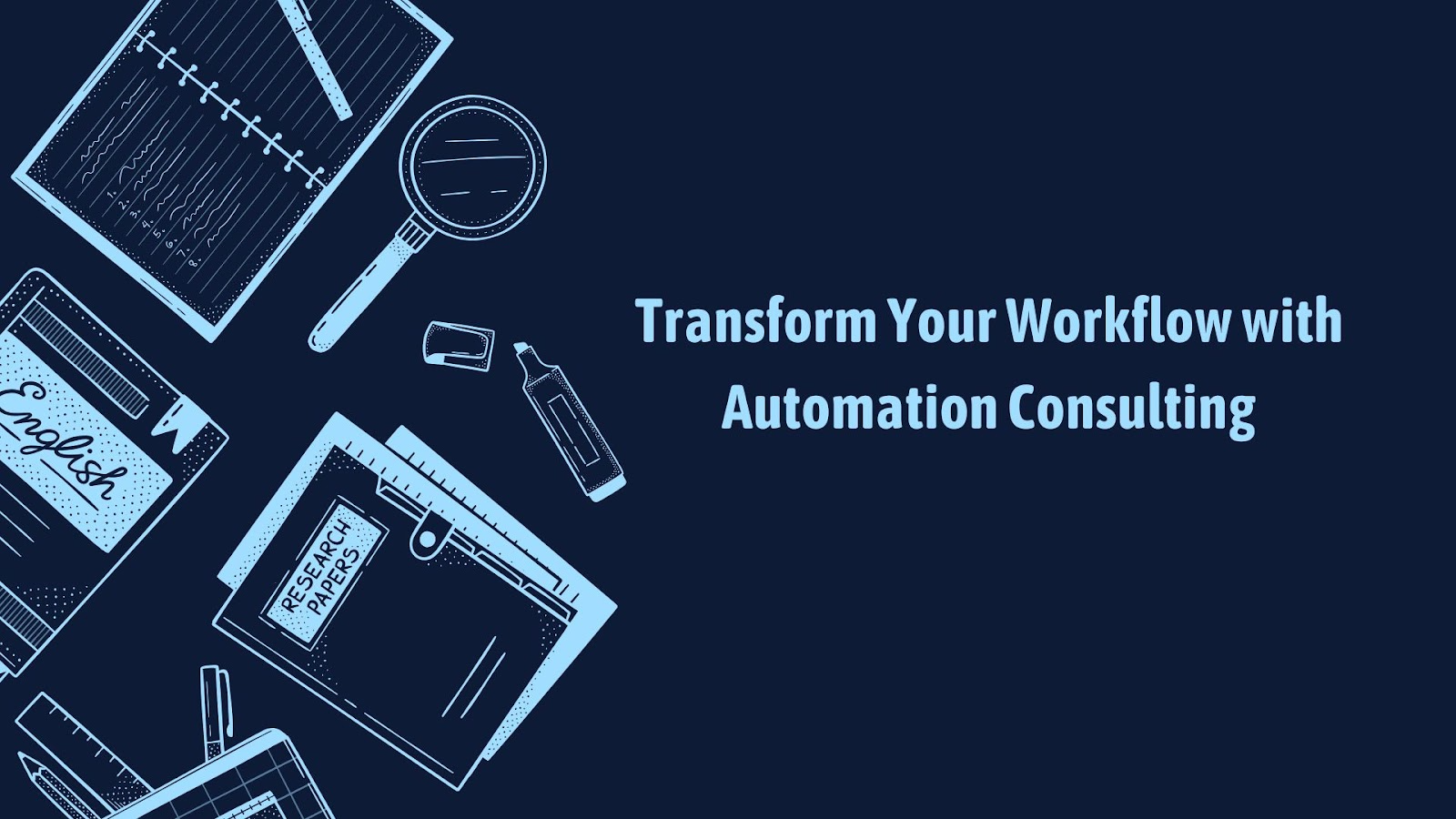In a world where even the smallest inefficiency can cost businesses significant time and money, achieving operational accuracy has become a top priority. According to a McKinsey study, companies that digitise processes and adopt smart systems improve efficiency by up to 30% while reducing errors across operations. From logistics to healthcare, retail to manufacturing, smart systems powered by automation, IoT, and AI are reshaping how businesses operate with precision. This blog explores how companies can achieve operational accuracy by leveraging intelligent systems.
Understanding Operational Accuracy
Operational accuracy refers to the ability of a business to deliver consistent, error-free, and timely results across processes. It is not only about avoiding mistakes but also about ensuring each workflow is optimised for maximum efficiency.
Why It Matters
- Error reduction: In industries like healthcare or finance, small errors can have significant consequences.
- Customer trust: Consistency builds stronger relationships with customers and stakeholders.
- Regulatory compliance: Many industries face strict regulations where accuracy is non-negotiable.
- Cost optimisation: Accurate operations reduce waste, rework, and resource misuse.
- Scalability: Precision in operations makes scaling smoother and more predictable.
Role of Smart Systems in Modern Business
Smart systems bring together automation, artificial intelligence, real-time analytics, and interconnected devices to create streamlined workflows.
Key Components of Smart Systems
- Automation tools: These handle repetitive tasks to minimise manual intervention.
- IoT devices: Sensors and trackers ensure real-time monitoring of resources and assets.
- AI and machine learning: These provide predictive insights and improve decision-making accuracy.
- Integrated platforms: Centralised dashboards unify data across departments.
- Analytics engines: They ensure data-driven decision-making with accurate forecasts.
How Smart Systems Improve Operational Accuracy
Businesses across industries adopt smart technologies to enhance control and accuracy in everyday operations.
Process Monitoring and Control
Smart systems provide live updates on equipment performance, production quality, and employee activities, ensuring issues are flagged before they become costly errors.
Data Accuracy and Real-Time Insights
Automated data collection eliminates human error, while analytics help refine strategies to maintain accurate forecasts and resource planning.
Predictive Maintenance
Instead of waiting for breakdowns, businesses can use predictive maintenance to monitor equipment health, minimising downtime and improving consistency.
Workflow Automation
Smart systems reduce manual dependency by automating approvals, report generation, and compliance tracking, all of which enhance accuracy.
Improved Customer Service
From chatbots to automated ticketing systems, businesses deliver faster, more accurate responses to customer queries.
Industry Applications of Smart Systems
Smart systems are not limited to one sector—they are redefining industries worldwide.
Healthcare
Automated monitoring devices and AI-powered diagnostics reduce medical errors while improving patient safety.
Logistics
GPS-enabled tracking ensures timely deliveries and eliminates route inefficiencies.
Manufacturing
Smart sensors monitor production lines, ensuring quality checks happen in real-time and reducing defective output.
Retail
Inventory systems powered by IoT avoid overstocking or stockouts by maintaining precise counts.
Finance
AI-driven systems flag anomalies, preventing fraudulent transactions and maintaining compliance accuracy.
Integrating Smart Systems with IoT
IoT plays a crucial role in advancing operational accuracy by providing real-time data from physical assets. Businesses increasingly rely on custom iot development solutions to design systems tailored to their unique needs, enabling seamless monitoring and control across processes. This level of customisation ensures higher efficiency, adaptability, and precision.
Challenges in Achieving Operational Accuracy with Smart Systems
While the benefits are vast, adopting smart systems comes with its own challenges.
Data Overload
The vast amounts of data generated can overwhelm businesses without proper analytics in place.
Integration Issues
Legacy systems may struggle to integrate with modern platforms, causing inefficiencies.
Security Risks
More connected systems mean greater vulnerability to cyberattacks if not managed carefully.
High Initial Investment
Although the long-term ROI is strong, upfront costs may discourage smaller businesses.
Change Management
Employees need training to adapt to automated workflows, which can slow adoption.
Strategies to Overcome Challenges
Businesses can achieve operational accuracy more effectively by addressing these challenges head-on.
Strong Cybersecurity Framework
Robust encryption, regular audits, and compliance ensure data integrity and security.
Scalable System Design
Start with smaller deployments before scaling operations across the enterprise.
Training and Upskilling
Invest in continuous training programs so employees can adapt to smart workflows.
Integration with Legacy Systems
Adopt middleware and APIs to ensure smooth transitions from old to new systems.
ROI-Driven Deployment
Prioritise smart systems with the most significant and measurable impact on operational accuracy.
Future of Smart Systems and Operational Accuracy
The future promises more advanced AI, seamless IoT integration, and autonomous operations. Businesses will increasingly depend on systems that self-correct, learn, and optimise in real time. With emerging technologies like edge computing, 5G, and digital twins, operational accuracy will become even more precise and cost-effective.
Conclusion
Operational accuracy is no longer optional—it’s the foundation for sustainable growth in today’s competitive business landscape. Smart systems bring together automation, IoT, and AI to eliminate inefficiencies, improve consistency, and enable businesses to operate with precision. Organizations that embrace these innovations today will be better positioned to scale, adapt, and thrive tomorrow.
FAQs
What is operational accuracy in business?
Operational accuracy refers to the ability of a company to execute workflows with minimal errors, delivering consistent and reliable results across its operations.
How do smart systems enhance operational accuracy?
Smart systems leverage automation, IoT, and AI to monitor processes, reduce human error, improve decision-making, and provide real-time insights that boost efficiency and precision.
Which industries benefit the most from smart systems?
Industries like healthcare, logistics, retail, manufacturing, and finance gain the most, as accuracy directly impacts compliance, customer satisfaction, and profitability.
What role does IoT play in improving business accuracy?
IoT provides real-time data from assets, equipment, and processes, enabling businesses to monitor, control, and optimize workflows more effectively.
What are the main challenges of adopting smart systems?
The key challenges include data overload, cybersecurity risks, integration issues with legacy systems, and high initial investments.
How can small businesses implement smart systems effectively?
Small businesses can start with scalable, ROI-focused deployments, prioritise automation in repetitive tasks, and adopt cloud-based smart solutions that grow with their needs.



